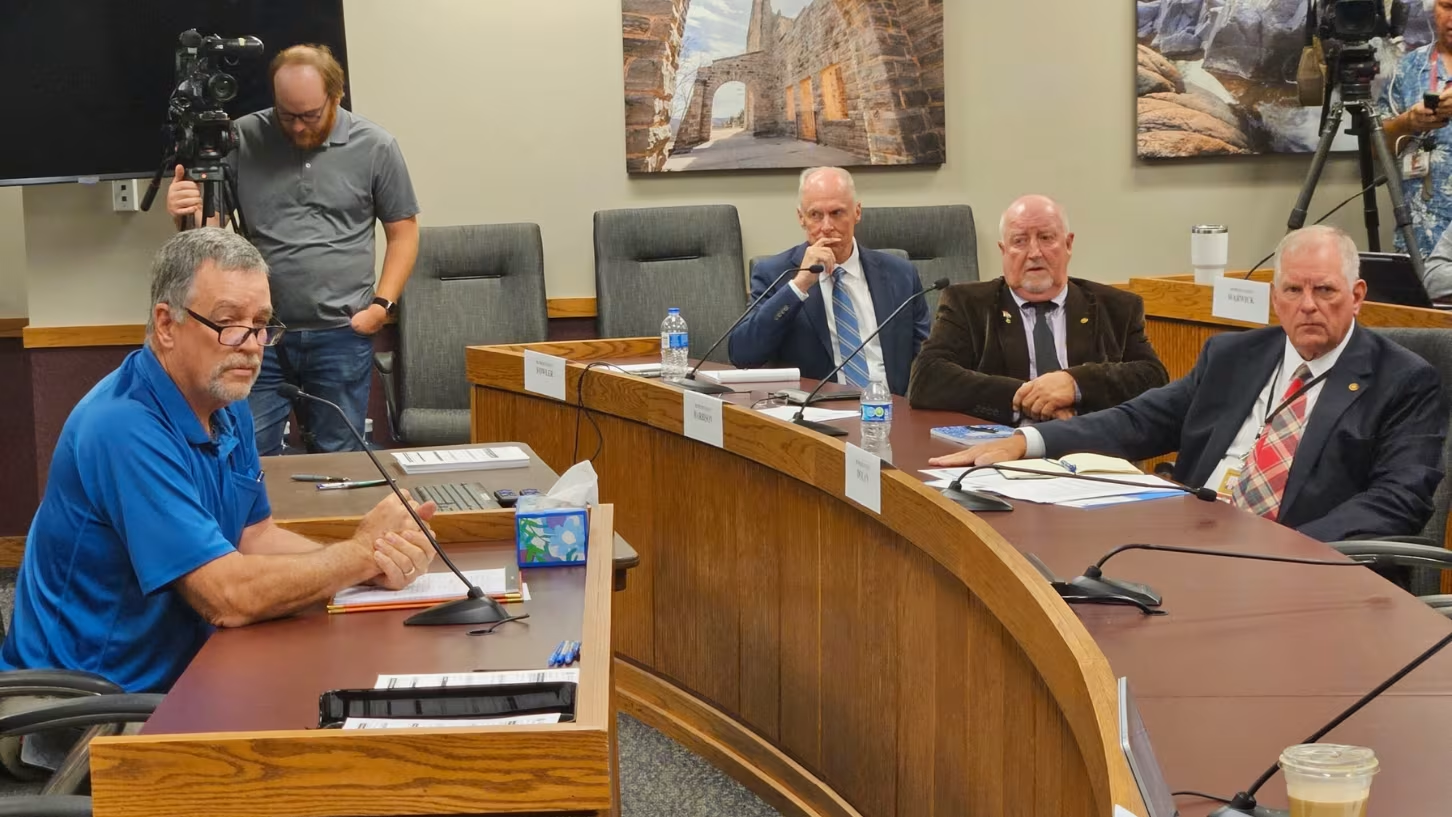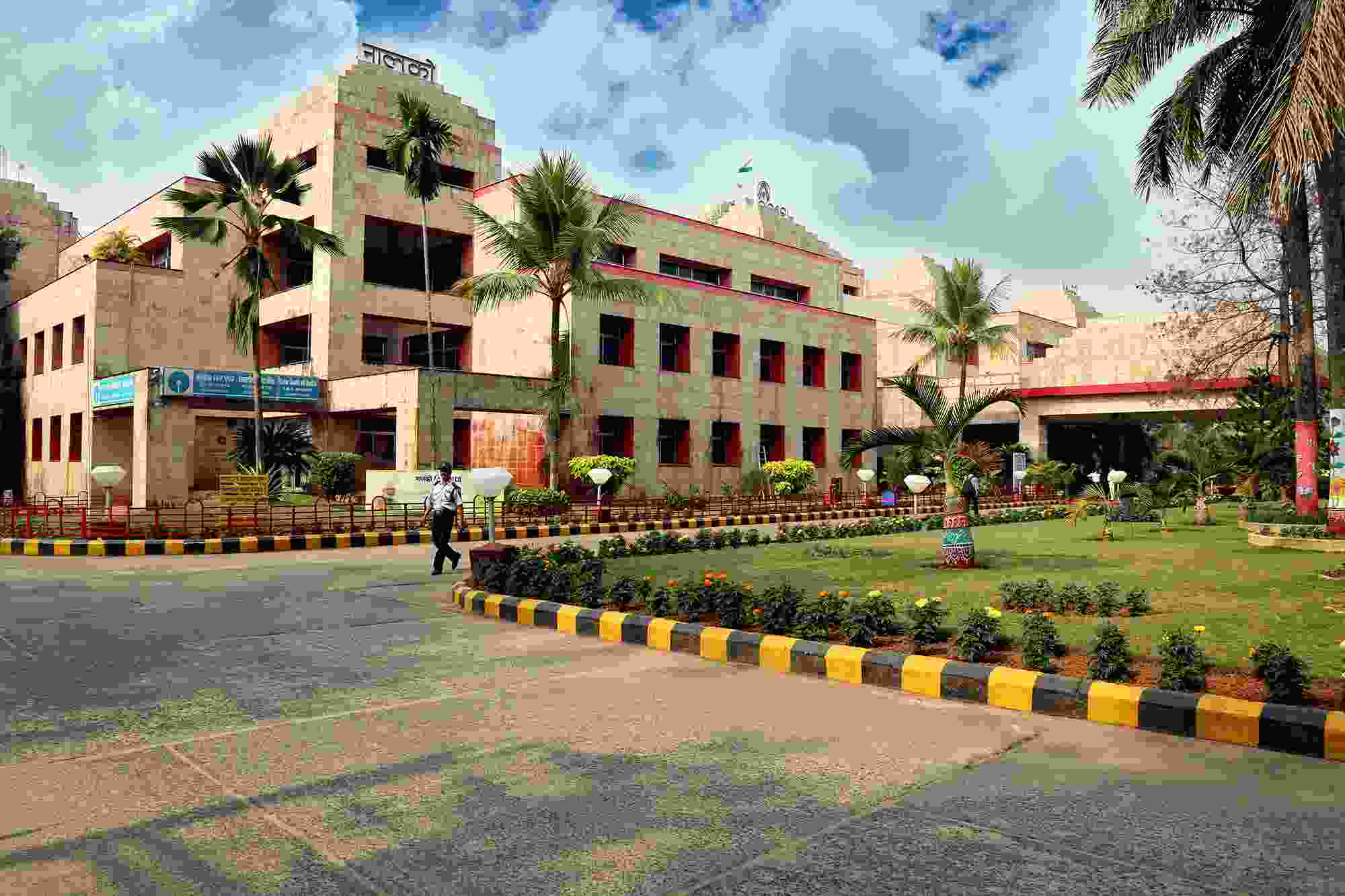Missouri property tax problems are back in the spotlight as state lawmakers launch a fresh effort to overhaul one of the most complex and controversial tax systems in the region. With rising home values, growing discontent among residents, and warnings of another legal challenge, the Missouri House Special Interim Committee on Property Tax Reform is holding a statewide listening tour to gather input and explore policy fixes.
Missouri property tax problems and why they matter
Missouri’s property tax issues aren’t new. A 1979 Missouri Supreme Court ruling mandated that assessments reflect current real estate values, after homes in St. Louis County built since 1960 were unfairly taxed at higher rates. Since then, reassessment deadlines have been moved in fits and starts—often resulting in overdue assessments—creating wide disparities in how similar properties are taxed. Lawmakers warn the state is once again trending toward a costly court battle.
So, what’s triggering this renewed alarm? Home prices across the state have surged, and taxes often follow. Meanwhile, many county assessors fall outside the 90–110% valuation window deemed fair, sometimes lagging behind outdated market trends. In response, the State Tax Commission has asked about 70 counties to raise assessments by up to 15% every two years, especially after in-person appraisals. These changes directly impact school districts, libraries, roads, fire protection, and other essential services, which are financed almost entirely through these taxes.
The Committee’s Listening Tour
Chaired by Rep. Tim Taylor (R-Boonville), the committee kicked off its series of six hearings aimed at hearing from diverse corners of Missouri. The schedule includes:
- July 30 – Wallace Center, Lebanon
- August 13 – Union Station, Kansas City
- August 20 – Center of Clayton, St. Louis
- August 27 – Comfort Inn, Macon
Each hearing begins at 5:30 p.m., offering citizens, local officials, and tax authorities a platform to share concerns and propose reforms.
The complexity behind Missouri property tax problems
One reason solving the tax puzzle is so difficult: hundreds of taxing authorities are involved. Missouri has 2,807 taxing bodies issuing 4,856 rates—many overlapping for different services (e.g., operations and debts of libraries, schools, fire districts). Each category—residential, commercial, agricultural, and personal property—is assessed with distinct ratios before finalizing tax bills.
Another layer of complexity comes from the Hancock Amendment (1982), which requires tax levies to be adjusted downward when assessments rise faster than inflation (excluding new construction). Yet, residents still saw appraisal hikes of nearly 56% in some areas, like the Mid‑Continent Public Library district, while revenue only rose by 18%, showing that the amendment prevents runaway tax collection but doesn’t halt increases entirely.
Voices from the community and officials
At the first hearing, Missouri officials spoke candidly:
1. Rep. Rodger Reedy, experienced assessor and vice‑chair of the committee, warned that unequal assessments could ignite another lawsuit costing the state “millions of dollars”.
2. Library finance director Jeremy Wilmoth emphasized libraries’ need to lobby for stable revenue, noting service impacts despite incremental funding increases.
3. Dennis Ganahl, from Missouri Tax Relief Now, argued for freezing assessments statewide after hearing the senior property freeze freezes evaluation at end-of-cycle levels.
4. Gary Romine, chair of the State Tax Commission, lamented inconsistent county practices and warned against the likelihood of court-ordered statewide reassessment.
Reform proposals on the table
So far, suggested ideas include:
1. Assessment freeze for seniors: A 2023 law allows counties to freeze property taxes for homeowners 62+. Already, about 60 counties have opted in.
2. Caps on annual tax growth: New caps limit increases to no more than 5% per year or the inflation rate in 97 counties; 22 counties can freeze increases entirely, with voter approval.
3. Simplified tax structure: Some legislators advocate transitioning toward a consumption‑based tax model, though rural representatives worry that low retail density would leave them under‑funded.
4. Assessment simplification: Calls for eliminating personal property assessments or ensuring a standardized model statewide.
5. Transparency & appeal improvements: Rep. Tony Luetkemeyer’s SB 676 (2019) introduced protections like extended appeal deadlines and inspections when values jump 15%+, which advocates want expanded.
What happens next?
After the statewide hearings, the committee will compile findings and forge recommendations. Though a special session focused solely on property tax reform isn’t currently planned, some lawmakers signal a push next year. Voters may face referendums on tax freeze/cap measures at the county level. The real test will be whether lawmakers can strike a balance: protecting homeowners from sudden spikes while ensuring stable funding for public services.
Missouri’s property tax issues span from skyrocketing real property values to outdated tests and a maze of tax jurisdictions. Restoring fairness and predictability requires reform at several stages—legislative, administrative, and local. As lawmakers pay attention without delay to affected communities, the direction towards an extra equitable system becomes clearer. With coordinated coverage, obvious appeals, and possibly focused freezes or caps, Missouri should avert any other prison showdown and keep its important neighborhood services funded.
If you care about your property tax bill or your local school, library, or fire district, these hearings are your chance to speak up. Share your story, propose solutions, and advocate for a balanced outcome.



